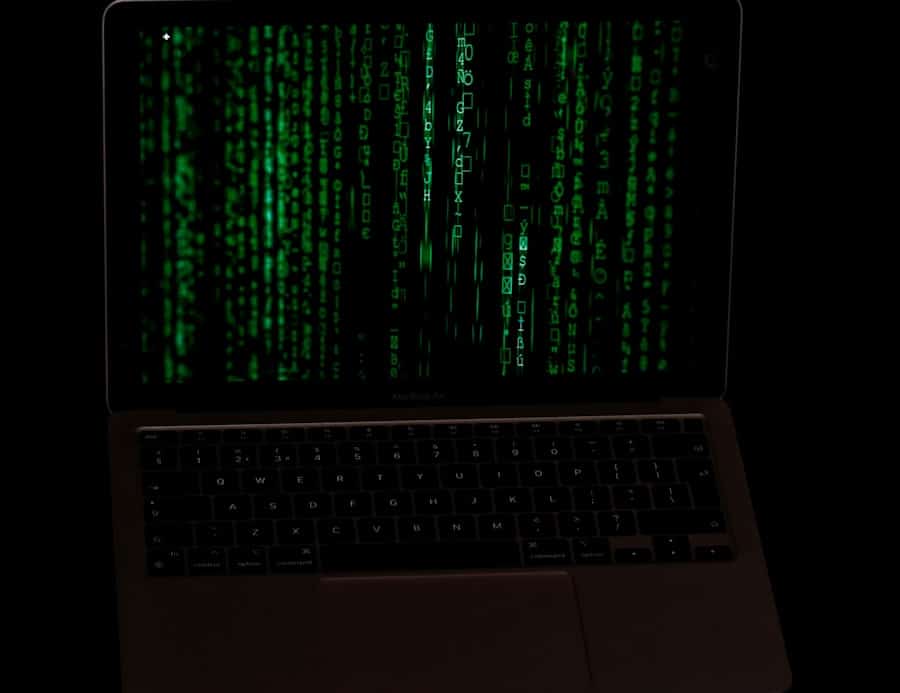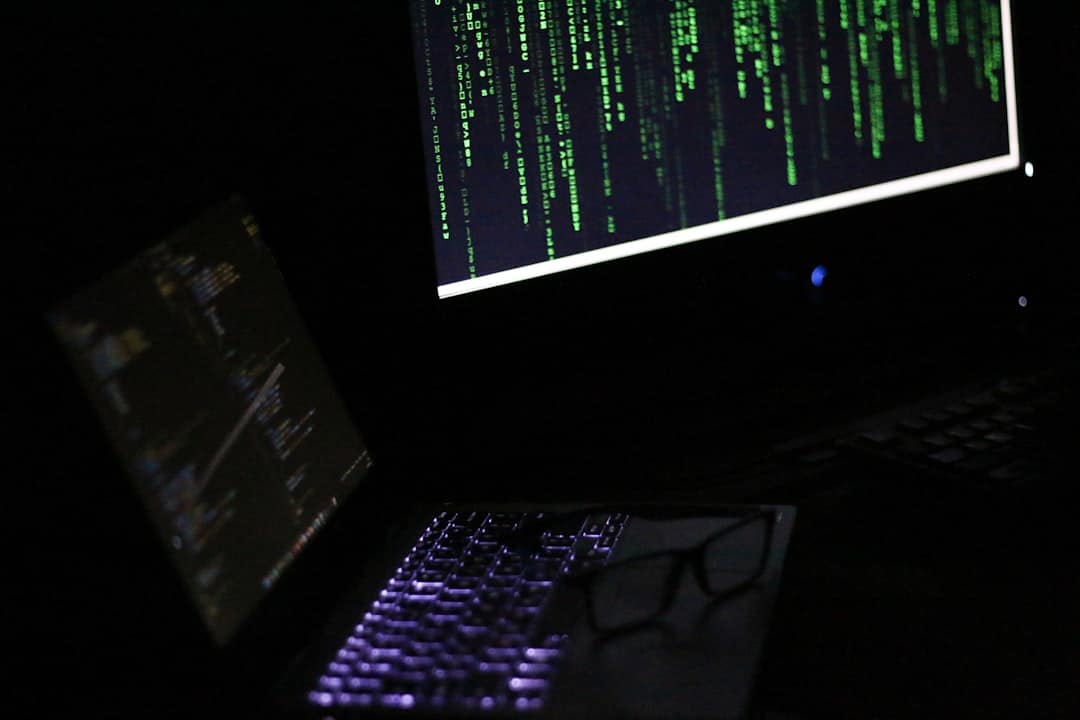In an increasingly digital world, the importance of cybersecurity cannot be overstated, particularly for nonprofits and non-governmental organizations (NGOs). These entities often operate with limited resources and may not have the same level of cybersecurity infrastructure as larger corporations. However, they are frequently targeted by cybercriminals due to the sensitive data they handle, including personal information of donors, beneficiaries, and employees.
The unique challenges faced by nonprofits and NGOs necessitate a tailored approach to cybersecurity that addresses their specific vulnerabilities while maximizing their limited budgets. Nonprofits and NGOs play a crucial role in society, addressing issues ranging from poverty alleviation to environmental conservation. Their mission-driven nature often leads them to prioritize their core activities over administrative functions like cybersecurity.
This can create a dangerous gap in their defenses, making them attractive targets for cyberattacks. As these organizations increasingly rely on technology for fundraising, communication, and service delivery, understanding the landscape of cybersecurity becomes essential for their survival and effectiveness.
Key Takeaways
- Nonprofits and NGOs need to prioritize cybersecurity to protect their sensitive data and maintain trust with donors and stakeholders.
- Current challenges and threats facing nonprofits and NGOs include phishing attacks, ransomware, and data breaches, which can have serious consequences for their operations and reputation.
- Emerging technologies and trends in cybersecurity, such as cloud security and zero-trust architecture, offer new opportunities for nonprofits and NGOs to strengthen their defenses.
- Artificial intelligence and machine learning can play a crucial role in detecting and responding to cyber threats, helping nonprofits and NGOs stay ahead of potential attacks.
- Data privacy and compliance are essential for nonprofits and NGOs to uphold their ethical responsibilities and maintain the trust of their supporters and beneficiaries.
Current Challenges and Threats Facing Nonprofits and NGOs
The Consequences of Inadequate Cybersecurity
As a result, these organizations may find themselves ill-equipped to handle sophisticated cyberattacks that could compromise their operations and data integrity. The consequences of such attacks can be dire, leading not only to financial loss but also to reputational damage that can hinder an organization’s ability to fulfill its mission.
Diverse and Evolving Threats
The types of threats facing nonprofits and NGOs are diverse and evolving. Phishing attacks, where cybercriminals impersonate legitimate entities to steal sensitive information, are particularly prevalent. These attacks can be devastating, especially when they target employees who may not be trained to recognize such threats.
Ransomware Attacks: A Significant Concern
Ransomware attacks are another significant concern; they can paralyze an organization’s operations by encrypting critical data until a ransom is paid.
Emerging Technologies and Trends in Cybersecurity

As the landscape of cybersecurity continues to evolve, several emerging technologies are shaping how nonprofits and NGOs can protect themselves against cyber threats. One notable trend is the increasing adoption of cloud-based security solutions. These services offer scalable options that can be tailored to the specific needs of smaller organizations, allowing them to access advanced security features without the need for extensive on-premises infrastructure.
Cloud security solutions often include features such as automated threat detection and response, which can significantly enhance an organization’s ability to respond to incidents in real time. Another emerging technology is the use of blockchain for enhancing data security and integrity. Blockchain technology provides a decentralized ledger that can be used to securely store sensitive information, making it nearly impossible for unauthorized users to alter or access data without detection.
For nonprofits and NGOs that handle sensitive donor information or beneficiary data, implementing blockchain could provide an additional layer of security that traditional databases cannot offer. This technology not only enhances security but also fosters trust among stakeholders by ensuring transparency in how data is managed.
The Role of Artificial Intelligence and Machine Learning in Cybersecurity for Nonprofits and NGOs
Artificial intelligence (AI) and machine learning (ML) are becoming increasingly integral to cybersecurity strategies across various sectors, including nonprofits and NGOs.
For organizations with limited cybersecurity expertise, AI-driven tools can serve as a force multiplier, enabling them to detect potential breaches before they escalate into full-blown incidents.
For instance, AI-powered security systems can monitor network traffic in real time, flagging unusual behavior that could signify a cyberattack. This proactive approach allows organizations to respond swiftly to potential threats, minimizing damage and disruption. Additionally, machine learning algorithms can continuously improve their threat detection capabilities by learning from past incidents, making them more effective over time.
By leveraging these advanced technologies, nonprofits and NGOs can enhance their cybersecurity posture without requiring extensive technical knowledge or resources.
The Importance of Data Privacy and Compliance for Nonprofits and NGOs
Data privacy is a critical concern for nonprofits and NGOs, particularly given the sensitive nature of the information they collect and manage. Organizations must navigate a complex landscape of regulations governing data protection, such as the General Data Protection Regulation (GDPR) in Europe or the Health Insurance Portability and Accountability Act (HIPAA) in the United States. Noncompliance with these regulations can result in severe penalties, not to mention the potential loss of trust from donors and beneficiaries.
Moreover, maintaining data privacy is essential for safeguarding the reputation of nonprofits and NGOs. A data breach not only jeopardizes sensitive information but also undermines public confidence in an organization’s ability to protect its stakeholders. To mitigate these risks, organizations must implement robust data governance policies that outline how data is collected, stored, and shared.
This includes conducting regular audits to ensure compliance with relevant regulations and providing training for staff on best practices for data handling.
Best Practices for Implementing Cybersecurity Tools in Nonprofit and NGO Organizations

Implementing effective cybersecurity tools requires a strategic approach tailored to the unique needs of nonprofits and NGOs. One best practice is to conduct a comprehensive risk assessment to identify vulnerabilities within the organization’s systems and processes. This assessment should consider factors such as the types of data being handled, existing security measures, and potential threats specific to the organization’s mission.
By understanding their risk landscape, organizations can prioritize their cybersecurity investments more effectively. Another critical best practice is fostering a culture of cybersecurity awareness among staff members. Training programs should be established to educate employees about common cyber threats, safe online practices, and the importance of reporting suspicious activities.
Regular drills simulating phishing attacks or other cyber incidents can help reinforce this training and ensure that staff members are prepared to respond appropriately in real situations. By empowering employees with knowledge and skills, nonprofits and NGOs can create a more resilient organizational culture that prioritizes cybersecurity.
The Future of Cybersecurity Tools for Nonprofits and NGOs
Looking ahead, the future of cybersecurity tools for nonprofits and NGOs is likely to be shaped by continued advancements in technology as well as an increasing recognition of the importance of cybersecurity within the sector. As cyber threats become more sophisticated, organizations will need to adopt more advanced tools that leverage AI and machine learning capabilities for enhanced threat detection and response. Additionally, as remote work becomes more prevalent, solutions that secure remote access will be essential for protecting sensitive data.
Furthermore, collaboration among nonprofits, NGOs, and cybersecurity experts will play a crucial role in shaping future tools and strategies. By sharing knowledge about emerging threats and effective countermeasures, organizations can collectively strengthen their defenses against cyberattacks. Initiatives such as information-sharing platforms or collaborative training programs can help build a more robust cybersecurity ecosystem within the nonprofit sector.
The Importance of Investing in Cybersecurity for Nonprofits and NGOs
Investing in cybersecurity is not merely a technical necessity; it is a fundamental aspect of ensuring that nonprofits and NGOs can continue their vital work without interruption or compromise. As these organizations face increasing threats from cybercriminals, prioritizing cybersecurity measures will safeguard their operations, protect sensitive data, and maintain public trust. By adopting best practices tailored to their unique challenges and leveraging emerging technologies, nonprofits and NGOs can build resilient defenses against cyber threats while focusing on their mission-driven goals.
In addition to exploring The Future of Cybersecurity Tools for Nonprofits and NGOs, organizations may also benefit from learning about the best software for social media management in 2023. This article provides insights into the top tools available to help nonprofits and NGOs effectively manage their social media presence and engage with their audience.
To read more about the best software for social media management in 2023, visit

